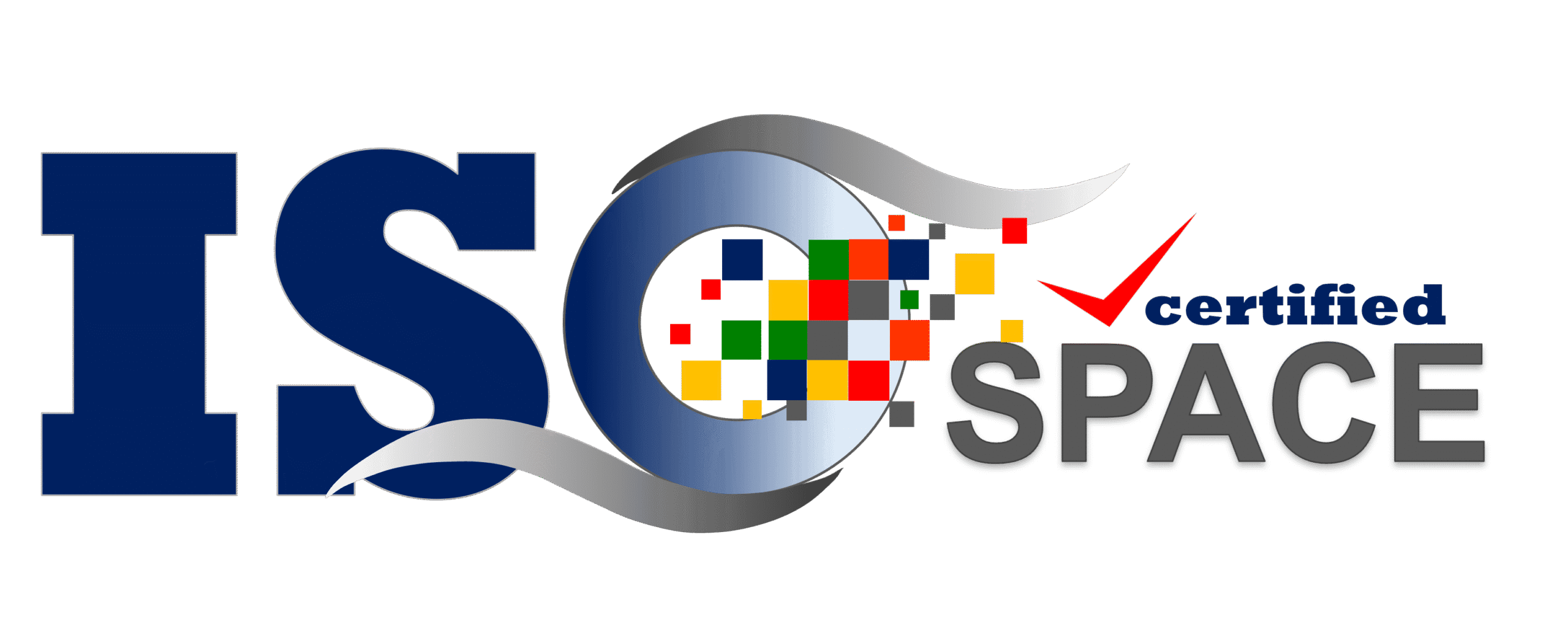In today’s business world, sustainability is key for companies to survive and compete. Two key, complementary instruments in this regard are ISO (International Organization for Standardization) and Sustainability Reporting.
What is ISO?
ISO (International Organization for Standardization) is an international organization that develops and publishes various standards that apply globally. ISO standards cover many aspects, including:
- Quality management (ISO 9001)
- Environment (ISO 14001)
- Social responsibility (ISO 26000)
- Occupational safety (ISO 45001)
- Energy efficiency (ISO 50001)
Its main goal is to help companies manage work systems and processes in a consistent, measurable manner that meets global demands.
Understanding Sustainability Reporting
According to the Global Reporting Initiative (GRI), a sustainability report is a report that provides an overview of the economic, environmental, and social impacts a company generates in its day-to-day operations. It aims to demonstrate a company’s commitment to a sustainable global economy and to communicate its economic, environmental, social, and governance performance.
In addition, this report can function as a measure of the level of work achievement for the company and as a consideration medium for investors in making investments and a medium for controlling the work achievements of a company.
The Relationship between ISO and Sustainability Reporting
In companies’ efforts to carry out social and environmental responsibilities transparently and accountably, the role of ISO international standards is crucial in establishing a systematic and credible framework for sustainability reporting. ISO (International Organization for Standardization) is an international organization that publishes global standards to ensure the quality, efficiency, safety, and interoperability of products, services, and systems worldwide. In the context of sustainability, ISO provides a series of standards that serve as the best guide for companies to manage environmental, social, and governance (ESG) aspects in a structured and measurable manner.
ISO Standards and Sustainability Reporting
ISO standards relevant to sustainability reporting include ISO 14001, which focuses on environmental management systems, ISO 50001 for energy management, and other standards related to social aspects and corporate governance. Adopting ISO standards helps companies ensure that their operational processes comply with internationally recognized sustainability criteria, driving continuous improvement, mitigating environmental impacts, and complying with relevant regulations. Implementing these standards makes sustainability reports more credible and transparent, meeting the needs of stakeholders, including investors and consumers.
Benefits of ISO in Sustainability Reporting
The implementation of ISO standards within the Sustainability Reporting framework provides the following benefits:
- Increased credibility and trust : Companies demonstrate a real commitment to sustainability that investors, customers and business partners can trust.
- Ensuring regulatory compliance : ISO helps companies comply with national and international environmental and social regulations.
- Driving efficiency and cost savings : ISO-regulated management systems improve resource use efficiency and reduce waste.
- Facilitating reporting transparency : ISO standards enable the preparation of structured and easily audited sustainability reports, thereby enhancing companies’ ability to communicate ESG information clearly and honestly.
Empirical Relationship between ISO and Sustainability Reporting
Empirical research shows that ISO 14001 certification significantly impacts environmental disclosure in sustainability reporting. Companies with this certification tend to have better environmental and social performance and are more transparent in reporting their sustainability aspects. However, it also finds that in some cases, the influence of ISO 14001 and sustainability performance on company performance can be complex and requires clarity on the implementation of good governance as a moderating factor.
Conclusion
ISO provides an international standards framework that serves as a critical foundation for companies developing sustainability reporting. By adopting ISO standards, companies can implement measurable, transparent, and effective sustainability practices, which not only comply with regulations but also strengthen their reputation and competitiveness in a global marketplace that increasingly demands environmental and social responsibility. Therefore, there is a close relationship between ISO and sustainability reporting as part of a sustainable business strategy.
Want to know more or need help with ISO certification, contact us at:
• Call Center: 083191312000
• Email: marketing@isospace.id
• Contact: Kristina Saragi, 081268161778, kristina@isospace.id


Leave a Reply